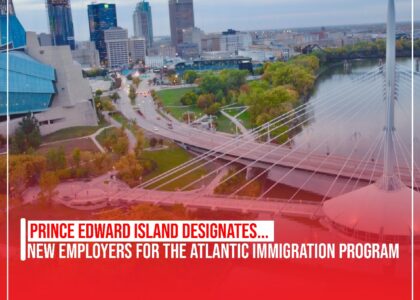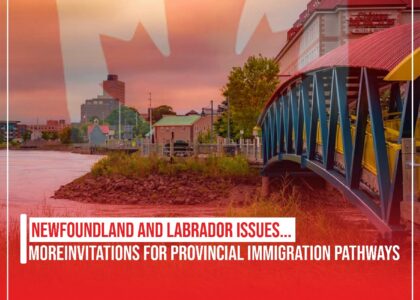Introduction
Canada’s immigration policies are dynamic, adapting to the nation’s economic needs and labor market demands. As of April 2025, significant changes have been introduced to the Express Entry system, particularly concerning the role of job offers in obtaining Canada’s Permanent Residency. While job offers no longer provide additional Comprehensive Ranking System (CRS) points in Express Entry draws, they remain a crucial component in various immigration pathways. Understanding these changes is essential for prospective immigrants aiming to make Canada their new home.
Understanding the Express Entry System Changes
Effective from spring 2025, Immigration, Refugees and Citizenship Canada (IRCC) has eliminated the additional CRS points previously awarded for valid job offers. This adjustment means that candidates no longer receive 50 or 200 CRS points under the “Arranged Employment” factor. However, this change is temporary, and the IRCC has not specified when it will conclude. Despite this, having a job offer continues to be beneficial, especially for those applying through the Federal Skilled Worker Program (FSWP), Canadian Experience Class (CEC), or Federal Skilled Trades Program (FSTP).
Provincial Nominee Programs (PNPs): Job Offers as a Gateway Canada’s Permanent Residency
Provincial Nominee Programs are a pivotal route to Canadian permanent residency. Many PNP streams require candidates to have a valid job offer from an employer in the province. These programs allow provinces to nominate individuals who meet their specific labor market needs. For instance, Ontario’s Employer Job Offer stream and British Columbia’s Skills Immigration stream prioritize candidates with job offers in high-demand occupations. Securing a job offer in these provinces can significantly enhance one’s chances of obtaining a provincial nomination and, subsequently, permanent residency.
Atlantic Immigration Program (AIP): A Pathway for Skilled Workers
The Atlantic Immigration Program offers a unique pathway for skilled foreign workers and international graduates to settle in Canada’s four Atlantic provinces: New Brunswick, Nova Scotia, Prince Edward Island, and Newfoundland and Labrador. To qualify, candidates must receive a job offer from a designated employer in one of these provinces. The job offer must be full-time, non-seasonal, and meet specific criteria based on the National Occupational Classification (NOC) TEER categories. This program not only facilitates permanent residency but also allows eligible candidates to apply for a temporary work permit while their application is processed.
Rural Community Immigration Pilot (RCIP): Expanding Opportunities
Launched to address labor shortages in rural and remote communities, the Rural Community Immigration Pilot enables skilled workers to obtain permanent residency by securing a job offer from a designated employer in one of the participating communities. Candidates must meet eligibility criteria, including work experience, language proficiency, and educational qualifications. The program aims to distribute the benefits of immigration more evenly across Canada, providing opportunities for both immigrants and smaller communities.
Also Read: Luxembourg Work Visa Reforms for Skilled Professionals
Francophone Community Immigration Pilot (FCIP): Emphasizing Language Skills
The Francophone Community Immigration Pilot targets French-speaking skilled workers who wish to settle in specific Francophone communities outside Quebec. Applicants must have a valid job offer from a designated employer in one of the participating communities and meet language proficiency requirements in French. This initiative supports the growth of Francophone communities and encourages the retention of French-speaking immigrants across Canada.
Temporary to Permanent Residency: The Role of Job Offers in Canada’s Permanent Residency
For individuals already in Canada on temporary permits, a valid job offer can be a stepping stone to permanent residency. While the elimination of CRS points for job offers in Express Entry affects new applicants, those with Canadian work experience can still accrue CRS points under the “Canadian Work Experience” factor. Gaining skilled work experience in Canada enhances a candidate’s profile and increases their chances of receiving an Invitation to Apply (ITA) for permanent residency.
Despite recent changes in the Express Entry system, job offers remain a vital element in Canada’s immigration landscape. They are instrumental in accessing various provincial programs and pilot initiatives that lead to permanent residency. Prospective immigrants should focus on securing a valid job offer from a designated employer, as it not only strengthens their application but also aligns with Canada’s labor market needs. Staying informed about program requirements and seeking professional guidance can significantly enhance one’s prospects of successfully immigrating to Canada.
Contact Mansory Immigration Consultants
For personalized advice and assistance in navigating Canada’s immigration pathways, contact Mansory Immigration Consultants. Our team of experts is dedicated to helping you understand the intricacies of the immigration process and providing tailored solutions to achieve your goals.





